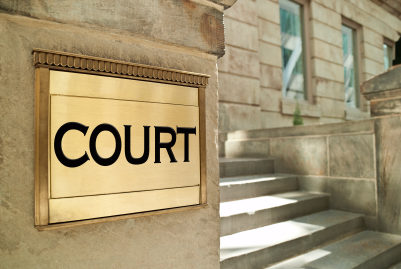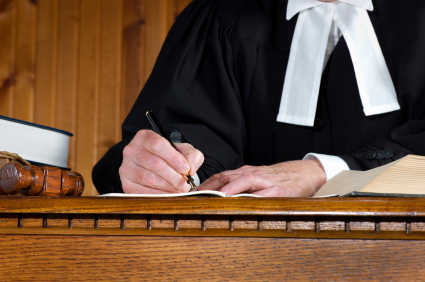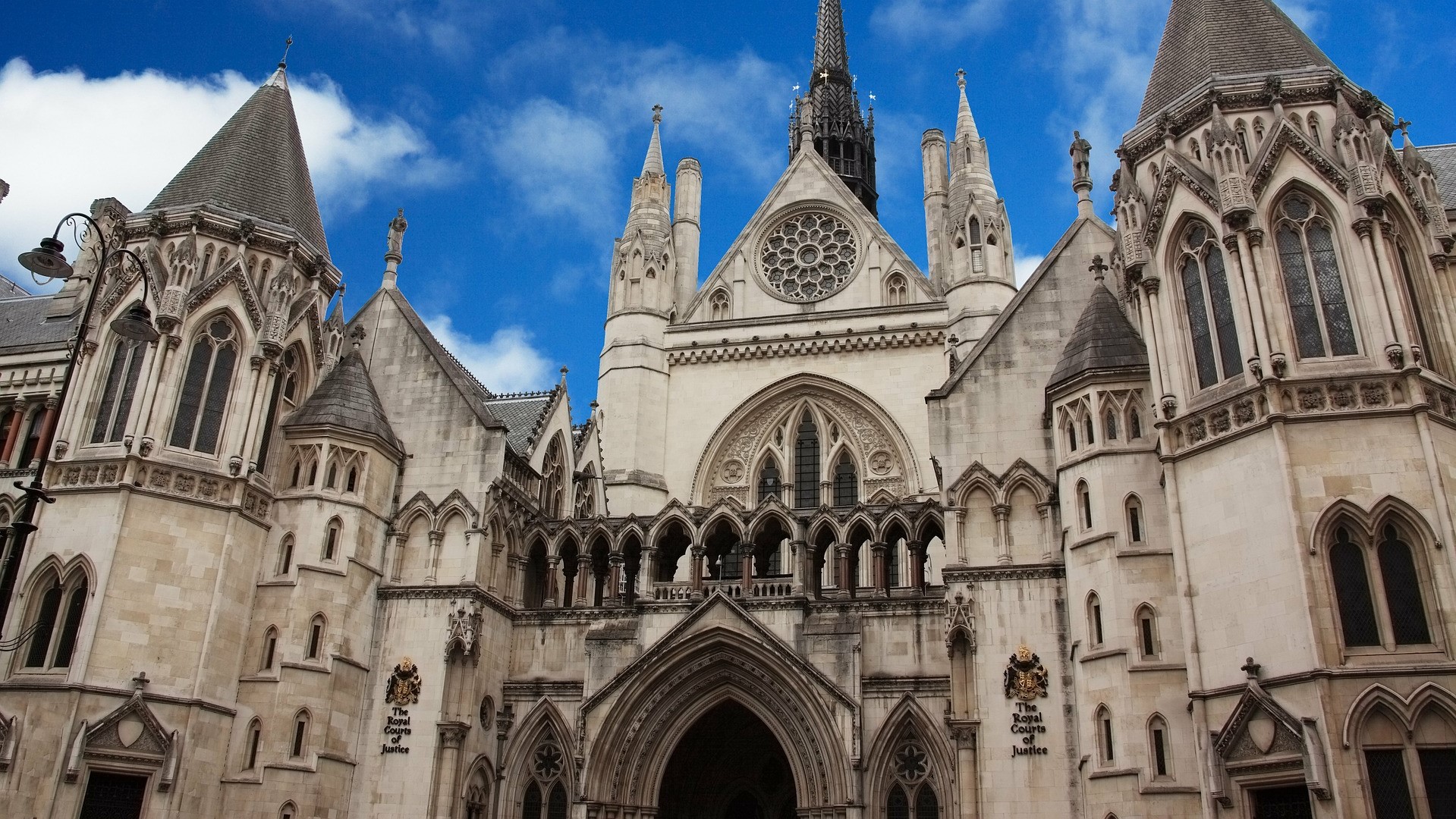Court Representation Services
Have You Been Charged or Summonsed?
If you have, here are some of the ways Morton’s Solicitors can help you.
♦ Protect your legal rights
♦ Give you expert advice before you have to enter your plea
♦ Advise you on the strength of the evidence against you
♦ Advise you of the law and your potential defence Old Bailey
♦ Advise you of the best venue for your trial
♦ Conduct expert cross-examination of witnesses
♦ Make legal submission on your behalf
♦ Challenge any legal submissions made against you
♦ Allow representations to be made to the court on your behalf
♦ Advise you of the likely outcome of the case
♦ Ensure you achieve the best possible outcome in all of the circumstances
If you would like to find out more about our Court Representation services, call 0161 477 1121, or read on…
Different Types of Court Representation.
There are 3 different levels of offences Summary Only, Either way, Indictable Only
Summary only offences are the least serious and can only be dealt with at the Magistrates Court.
Either way offences are offences that are generally also dealt with at the Magistrates Court but the more serious ones can proceed to the Crown Court.
Indictable only offences are the most serious and can only be dealt with at the Crown Court.
Our Court Representation services can represent you in Magistrate, First Hearing, Youth and Crown Court cases.

Magistrates' Court

Youth Court

Crown Court
![]()
“I found myself in need of a solicitor for the first time in my life, I found Morton Solicitors via an internet search and decided to give them a call. From the very start I found their friendly and professional approach immediately put me at ease. They handled the case with absolute professionalism and calmness, leading to a positive outcome for me and I cannot thank Simon enough. I would have no reservations in highly recommending Morton Solicitors to friends and family.”
PHILIP M.
MAGISTRATES’ COURT – THE FIRST HEARING.
Virtually all criminal court cases start in a magistrates’ court, and around 95% will be completed there.
The more serious offences are passed on to the Crown Court, either for sentencing after the defendant has been found guilty in a magistrates’ court, or for full trial with a judge and jury.
Cases Dealt With At Magistrates’ Court
Magistrates deal with three kinds of cases:
• Summary offences. These are less serious cases, such as motoring offences and minor assaults, where the defendant is not usually entitled to trial by jury. They are generally disposed of in magistrates’ courts.
• Either-way offences. As the name implies, these can be dealt with either by magistrates or before a judge and jury at the Crown Court. Such offences include theft and handling stolen goods. A defendant can insist on their right to trial in the Crown Court. Magistrates can also decide that a case is so serious that it should be dealt with in the Crown Court – which can impose tougher sentences if the defendant is found guilty.
• Indictable-only offences, such as murder, manslaughter, rape and robbery. These must be heard at a Crown Court.
If the case is indictable-only, the magistrates’ court will generally decide whether to grant bail, consider other legal issues such as reporting restrictions, and then pass the case on to the Crown Court.
The court will expect you to enter a plea to the allegations whether that is guilty or not guilty.
If your case is a summary or either way matter and you are pleading guilty then it is likely that the court will sentence you immediately or request the Probation Service to prepare a report. They could also commit your case for sentence to the Crown Court.
If you plead not guilty the case will be adjourned to a trial hearing which could be anything from six weeks to six months away, unless Crown court trial is more suitable for the case.
In the event that the court views it as so serious it should proceed to the Crown Court or you elect for your case to be heard there (either way matters only), then the case will be directed ‘allocated’ to the Crown Court where the next hearing will take place.
If you are appearing for an Indictable offence then there will be a short hearing to send the case to the Crown Court. The next hearing would then take place at the Crown Court. If you appear on bail – it is likely that your bail will be extended on the same terms.
If you had been kept in custody by the police we will apply for bail on your behalf.
Cases in the Magistrates Court are either heard by two or three Magistrates or by one District Judge.
Youth Court
The youth court is a Magistrates’ Court for people under 18 years. The court room is more informal and it is not open to the public.
A young person appearing in court should be assisted by an appropriate adult – usually a parent or guardian.
Most cases involving young defendants will be dealt with at this level, only the most serious will proceed to the Crown Court. No matter how old you are, we will listen to you, and your wishes.
We act based on your instructions and can consult with you in private without your appropriate adult being present.
If you – or someone you know – is looking for representation in a Youth Court, then call us now on 0161 477 1121.

Crown Court
The Crown Court is for the most serious cases to be heard; Mortons Solicitors deal with such cases on a daily basis and have a wealth of experience and expertise in providing top quality representation.
If your case progresses to the Crown Court this can be a daunting arena. Morton’s Solicitors can guide you through the process.
The Crown Court team at Morton Solicitors are senior and highly qualified. We have our own in–house advocacy team, with four of our Criminal Solicitors holding Rights of Audience in the Higher Courts. We also instruct specialist barristers from the independent bar where required.
The team are often involved in notable and high profile cases such as murders, conspiracies, rape & historical sexual offences & Proceeds of Crime Act cases.
We pay attention to detail, and leave no stone unturned in our commitment to represent you to the highest standard – to find out more call – 0161 477 1121
All cases start in the magistrates’ court. With ‘indictable only’ offences the accused will be sent to the Crown Court for trial.
The magistrates can decide to send the case to the Crown Court for trial if the offence is serious enough. The accused in an ‘either way’ case who pleads not guilty can request a jury trial, and will be sent to the Crown Court.
If the accused pleads guilty to a serious ‘either-way’ offence, magistrates can commit them to the Crown Court for sentencing.
Denied cases at the Crown Court are tried by a jury. These are 12 people from the general public who listen to the evidence presented during the trial and decide if the accused is guilty of the crime. The judge decides on matters of law during the trial, such as whether certain evidence is allowed to be presented. The judge also makes sure the trial proceeds in a fair way.
At the end of the trial if the accused is found guilty, the judge decides the sentence for the crime (for example how long the defendant must spend in prison).
Offences Tried At Crown Court
Offences tried in the Crown Court are divided into three classes of seriousness.
- Class 1 offences are the most serious. They include treason and murder, and are generally heard by a High Court Judge.
- Class 2 offences include rape, and are usually heard by a circuit judge, under the authority of the Presiding Judge.
- Class 3 includes all other offences, such as kidnapping, burglary, grievous bodily harm and robbery, which are normally tried by a circuit judge or recorder.
Where offences are admitted by the accused at the Crown Court a jury will not be required and the Judge will decide on the sentence to be imposed, usually with the help of a report from the Probation Service.
Appeals to the Crown Court
The Crown Court deals mainly with appeals against conviction and/or sentence in respect of criminal offences dealt with in the magistrates’ court, including orders such as disqualification from driving or minor assaults. The Crown Court may dismiss or allow the appeal and vary all or any part of the sentence. Appeals are usually heard by a Circuit Judge sitting with no more than four magistrates (normally two).
Crown Court
The Crown Court is for the most serious cases to be heard; Mortons Solicitors deal with such cases on a daily basis and have a wealth of experience and expertise in providing top quality representation.
If your case progresses to the Crown Court this can be a daunting arena. Morton’s Solicitors can guide you through the process.
The Crown Court team at Morton Solicitors are senior and highly qualified. We have our own in–house advocacy team, with four of our Criminal Solicitors holding Rights of Audience in the Higher Courts. We also instruct specialist barristers from the independent bar where required.
The team are often involved in notable and high profile cases such as murders, conspiracies, rape & historical sexual offences & Proceeds of Crime Act cases.
We pay attention to detail, and leave no stone unturned in our commitment to represent you to the highest standard – to find out more call – 0161 477 1121
All cases start in the magistrates’ court. With ‘indictable only’ offences the accused will be sent to the Crown Court for trial.
The magistrates can decide to send the case to the Crown Court for trial if the offence is serious enough. The accused in an ‘either way’ case who pleads not guilty can request a jury trial, and will be sent to the Crown Court.
If the accused pleads guilty to a serious ‘either-way’ offence, magistrates can commit them to the Crown Court for sentencing.
Denied cases at the Crown Court are tried by a jury. These are 12 people from the general public who listen to the evidence presented during the trial and decide if the accused is guilty of the crime. The judge decides on matters of law during the trial, such as whether certain evidence is allowed to be presented. The judge also makes sure the trial proceeds in a fair way.
At the end of the trial if the accused is found guilty, the judge decides the sentence for the crime (for example how long the defendant must spend in prison).
Offences Tried At Crown Court
Offences tried in the Crown Court are divided into three classes of seriousness.
- Class 1 offences are the most serious. They include treason and murder, and are generally heard by a High Court Judge.
- Class 2 offences include rape, and are usually heard by a circuit judge, under the authority of the Presiding Judge.
- Class 3 includes all other offences, such as kidnapping, burglary, grievous bodily harm and robbery, which are normally tried by a circuit judge or recorder.
Where offences are admitted by the accused at the Crown Court a jury will not be required and the Judge will decide on the sentence to be imposed, usually with the help of a report from the Probation Service.
Appeals to the Crown Court
The Crown Court deals mainly with appeals against conviction and/or sentence in respect of criminal offences dealt with in the magistrates’ court, including orders such as disqualification from driving or minor assaults. The Crown Court may dismiss or allow the appeal and vary all or any part of the sentence. Appeals are usually heard by a Circuit Judge sitting with no more than four magistrates (normally two).
APPEALS COURT
Whether you plead guilty or are found guilty in either the Magistrates’ Court or Crown Court, an appeal might be appropriate.
You can appeal against your conviction, sentence or both if you pleaded not guilty at your trial. If you pleaded guilty, you can only appeal against your sentence.
There are strict time limits for appealing against a conviction – this is 21 days from the date of conviction in the Magistrates’ Court. Likewise, an appeal against a sentence imposed by the Magistrates’ Court should be within 21 days of the sentence hearing.
In cases where a verdict might have been reached despite a procedural error, an appeal may not be necessary, as in such cases a verdict can be changed under Section 142 of the Magistrates’ Courts Act 1980.
In some limited circumstances it may be possible to obtain leave to appeal out of time.
To appeal against conviction or sentence from the Crown Court, requires permission of the Court of Appeal.
The law relating to appeals is complex, Morton’s Solicitors can give you all the advice that you need on this subject.
If you do require advice on this subject, we would suggest you contact us immediately. You can also read more about the Appeal Process.

Award-Winning Crime Team of the Year
Why You Are In Safe Hands with Morton’s Solicitors – Stockport, Manchester & Cheshire.
We have twice won the award for “Crime – Team of the Year” at the highly prestigious Manchester Legal Awards in 2018 & 2020.
Not only is this based on our ability to get fantastic results for our clients, but we also offer an extremely friendly, discreet and client-focused service which has earnt us the plaudits.
What this means for any prospective client is that your case is going to be in some of the safest hands in Criminal Defense for Stockport, Greater Manchester & across the North West.


Contact Us
20-22 Middle Hillgate, Stockport, Greater Manchester, SK1 3AY
Tel: 0161 477 1121
Email: [email protected]
Secure Email: [email protected] (secure email/CJSM users only)



